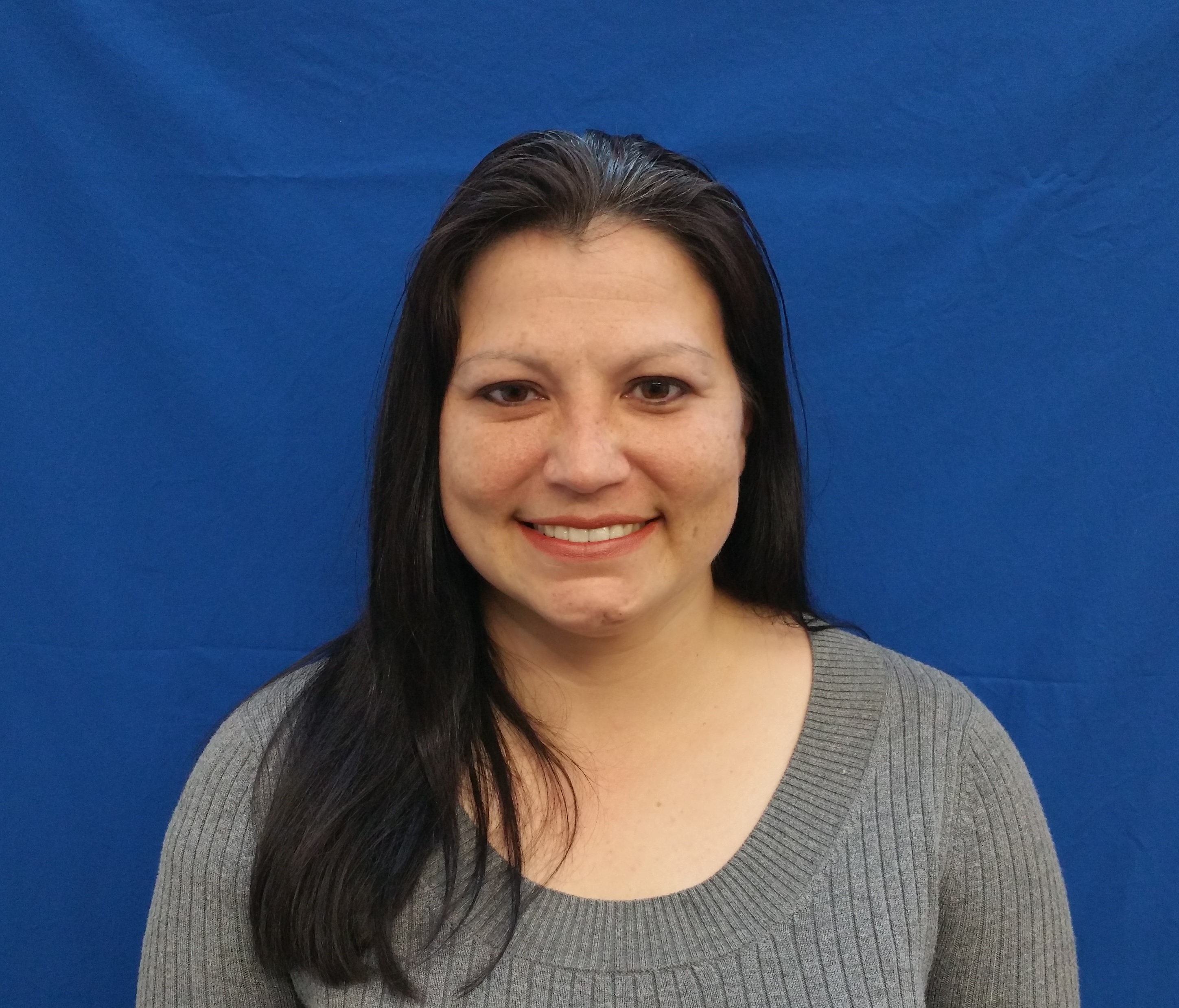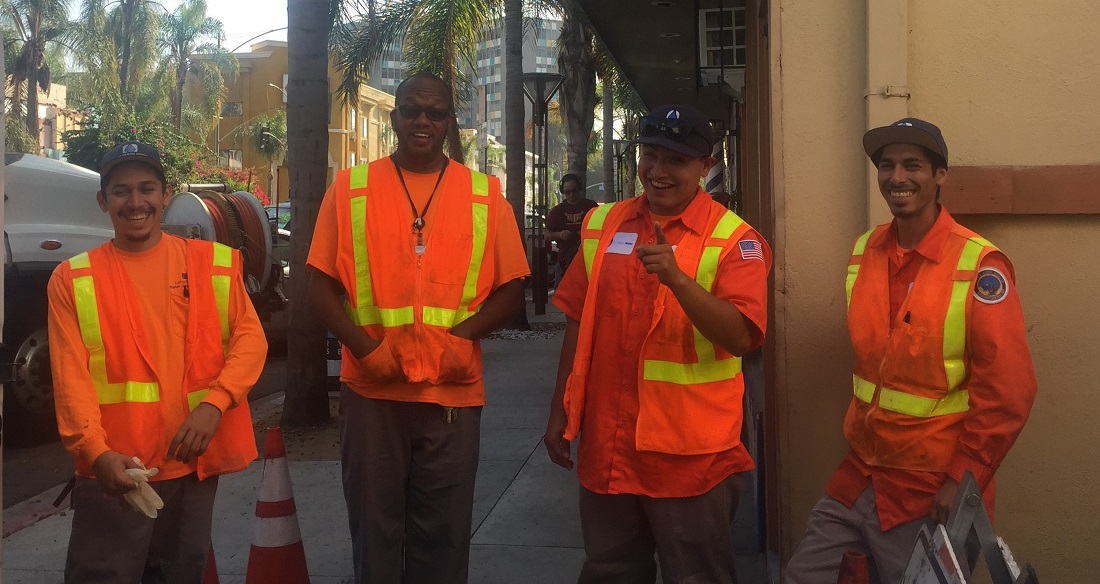
Jennifer Rojas, Sewer Operations Superintendent, Long Beach Water
How did you get your first job in the wastewater sector?
My entry into the wastewater sector was very unconventional. I had been working for the City of Long Beach Water Department as the Procurement Officer for a few years already in 2014. The Sewer Superintendent was about to retire and my boss at the time, Assistant General Manager of Operations, Tai Tseng, P.E., started talking to me about the position and why he thought I would be a good fit for the role. Although I had no prior Sewer experience, he explained how my managerial skills would be an asset to the division, and I decided to go for it. I am happy to say that it’s been 5 years since I took on the challenge and I am so glad I did. Although the learning curve was steep, I had a great team that supported me and helped me understand the more technical aspects of the job. I’m still learning new things all the time, but I wouldn’t want to ever be done with that.
How did you get involved as a CWEA volunteer?
I was new to the industry and wanted to learn as much as I could right away. I started off by attending CWEA events like the AC and CSC Summer Meeting. It was at these events that I met a network of professionals who all advised me that the best way to learn about the industry was to get involved with different projects or groups through volunteering.
What do you enjoy about being a volunteer?
It’s a unique opportunity to collaborate with people from different organizations and different regions on something that benefits the industry overall. There’s a camaraderie among volunteers because we are all there because we believe in the project enough that we are willing to give our time and energy to it. It’s also very rewarding to see the positive outcome or change that you helped to generate through your efforts.
What does it mean to you being a certified Collection System professional?
It represents a standard that all Certified professionals can point to as evidence that they have the knowledge expected at that grade level to perform the associated duties in that role. Since CWEA certification is widely-accepted as the industry standard for Collection Systems, I know that it is something that will benefit me throughout my career – even if I move to another organization or agency.

Long Beach sewer crew members Luis, Oliver, Alex and Noe.
Why is it important for the profession?
It is important to have a standard that is independent of individual opinions or interests. Professional certification is an objective measurement of the certificate holder’s competency in that specialty area and grade level. It gives the industry the credibility to say to our customers, “the people working to provide you with service are knowledgeable, competent, and trained professionals.” It’s important that our customers know that they can trust the quality of the work we are doing, and certifications are one of the ways that we can establish that trust.
Advice for test takers?
Study, study, study. Take advantage of as many training opportunities as you can – from informal study groups to scheduled classes. Spend time doing practice questions from the recommended textbooks and study guides. Try to recreate the testing environment by giving yourself a timed practice test where you don’t have the answers in front of you. The more you get used to that scenario, the less nervous you’ll be when you take the real thing. And if you don’t pass on your first try, don’t get discouraged. Try again and keep striving for higher grade levels. It’s an investment in yourself and your future that will pay off with more and better opportunities.
Is there something you think is surprising most people don’t know about the Collection System profession you’d like to share?
What might be surprising about the Collection System profession is just how important technology and innovation is. Whether operating equipment, maintaining a facility, or doing everyday maintenance duties, our industry relies on technology to keep up with today’s challenges and maintain safe and efficient collection systems that protect health and the environment. There is continuous innovation in this industry which underscores the importance of professional certifications.
Any other advice for new people entering the sector on how to get ahead and be successful?
Learn as much as you can from people that have been in the industry for a long time. Seek out mentorships and challenge yourself to learn something new on a regular basis. Strive for those professional certifications, even if your agency doesn’t require them. An important trait that I see in many successful people is adaptability to change. The leaders of tomorrow will be those who are most comfortable with change and who are willing to try new approaches to solve problems. They don’t see challenges as obstacles, but rather, as opportunities to learn and grow. Collaboration is another skill that is essential for long-term success. Don’t worry if these aren’t naturally part of your personality – you can get better at almost anything by just practicing!